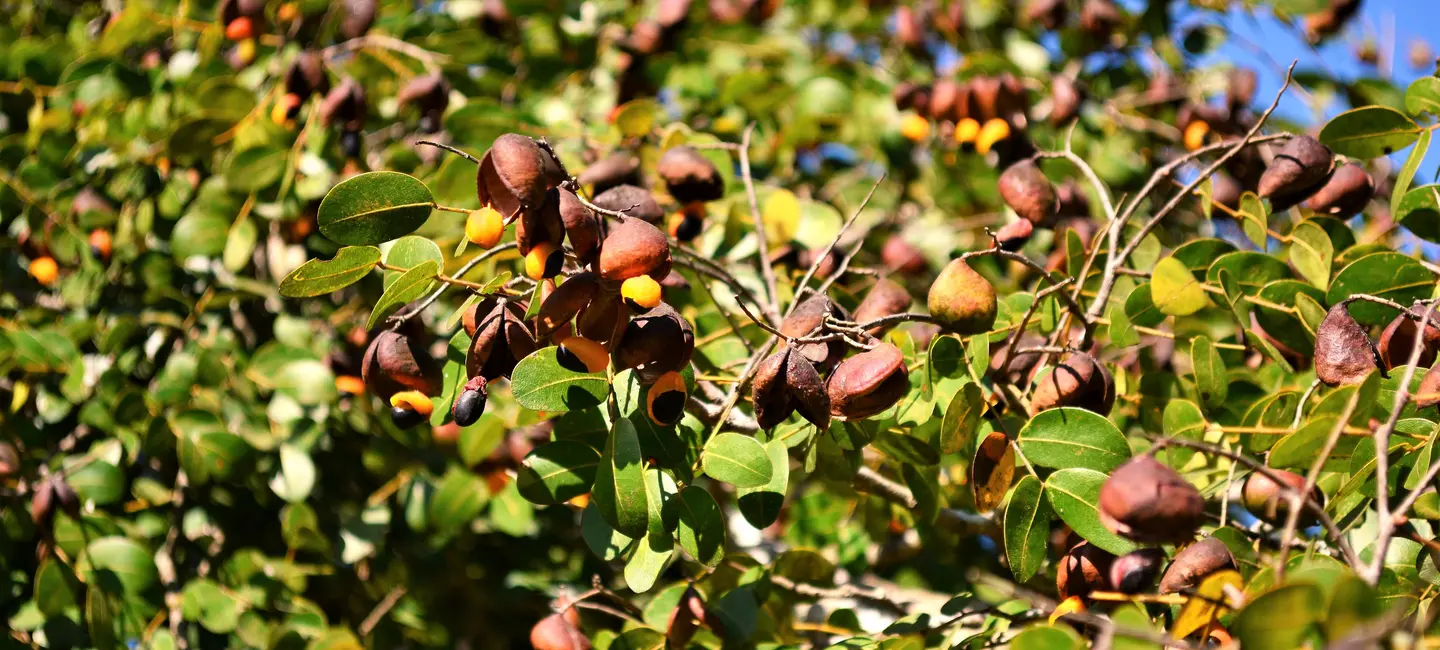
Copaiba balsam is a sap-like substance (oleoresin) that's collected from the trunk of Copaifera trees. It is processed to make copaiba oil.
Chemicals in copaiba balsam and copaiba oil might help kill germs. Other chemicals in copaiba balsam might decrease swelling.
People use copaiba balsam for dental cavities, osteoarthritis, rheumatoid arthritis, UTIs, wound healing, and many other conditions, but there is no good scientific evidence to support these uses.
Don't confuse Copaiba balsam with other balsams, including Peru balsam, Tolu balsam, Canada balsam, and Oregon Fir balsam. These are not the same.
Is It Effective?
There is interest in using copaiba balsam for a number of purposes, but there isn't enough reliable information to say whether it might be helpful.
Is it Safe?
When taken by mouth: Copaiba balsam is commonly consumed in foods. But it is possibly unsafe when used as a medicine. Copaiba balsam can cause side effects such as stomach pains, vomiting, and diarrhea.
When applied to the skin: Copaiba balsam is possibly safe. It can cause redness, itching, and a rash for some people.
Special Precautions & Warnings:
Pregnancy and breast-feeding: Copaiba balsam is possibly unsafe when taken by mouth as a medicine. Stay on the safe side and avoid use.
It is not known if Copaiba Balsam interacts with any medicines. Before taking Copaiba Balsam, talk with your healthcare professional if you take any medications.
There are no known interactions with herbs and supplements.
There are no known interactions with foods.
There isn't enough reliable information to know what an appropriate dose of copaiba balsam might be. Keep in mind that natural products are not always necessarily safe and dosages can be important. Be sure to follow relevant directions on product labels and consult a healthcare professional before using.
Balsam, Bálsamo de Copaiba, Baume de Copahu, Copaiba, Copaiba Oil, Copaiba Oleoresin, Copaïer, Copaifera langsdorffii, Copaifera officinalis, Copaifera reticulata, Copaiva, Copayer, Jesuit's Balsam, Oléorésine de Copahu.
Information on this website is for informational use only and is not intended to replace professional medical advice, diagnosis, or treatment. While evidence-based, it is not guaranteed to be error-free and is not intended to meet any particular user’s needs or requirements or to cover all possible uses, safety concerns, interactions, outcomes, or adverse effects. Always check with your doctor or other medical professional before making healthcare decisions (including taking any medication) and do not delay or disregard seeking medical advice or treatment based on any information displayed on this website.
© TRC Healthcare 2024. All rights reserved. Use and/or distribution is permitted only pursuant to a valid license or other permission from TRC Healthcare.
